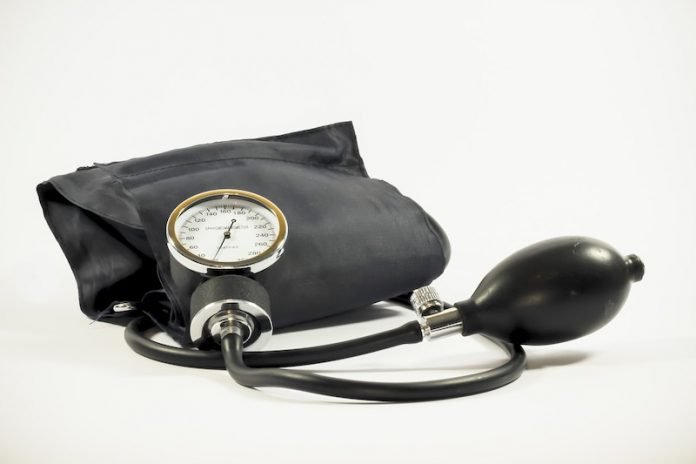
In a new study, researchers found that a bad night’s sleep may result in a spike in blood pressure that night and the following day.
The finding may explain why sleep problems could increase the risk of heart attack, stroke and even death from heart disease.
The research was led by the University of Arizona.
Previous research has shown the link between poor sleep and heart health problems, but the reason for the link is less understood.
In the study, the team examined 300 men and women ages 21 to 70 with no history of heart problems.
These people wore portable blood pressure cuffs for two consecutive days. The cuffs randomly took participants’ blood pressure during 45-minute intervals throughout each day and also overnight.
At night, the participants wore actigraphy monitors. They are wristwatch-like devices that measure movement.
These monitors can help determine “sleep efficiency,” or the amount of time in bed spent sleeping soundly.
The team found that people who had bad sleep quality showed an increase in blood pressure during that restless night.
These people also had higher systolic blood pressure the next day.
The finding provides important information for understanding the pathway through which sleep impacts overall heart health.
It reinforces just how important a good night’s sleep can be. It’s not just the amount of time people spend in bed, but the quality of sleep they’re getting.
Improving sleep quality can start with making simple changes and being proactive.
For people with chronic sleep troubles, the team advocates cognitive behavioral therapy for insomnia, which focuses on making behavioral changes to improve sleep health.
Future work needs to understand why poor sleep raises blood pressure and what it could mean long-term for people with chronic sleep issues.
The lead author of the study is Caroline Doyle, a graduate student in the UA Department of Psychology.
The study is published in the journal Psychosomatic Medicine.
Copyright © 2019 Knowridge Science Report. All rights reserved.



